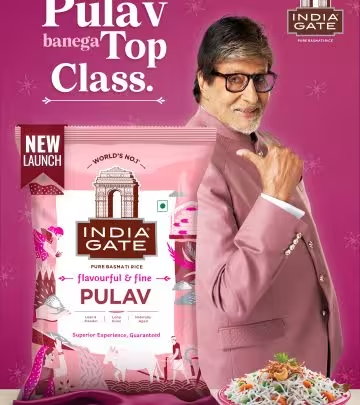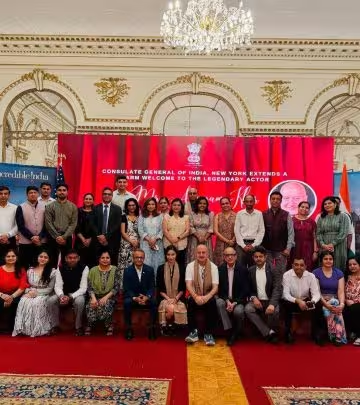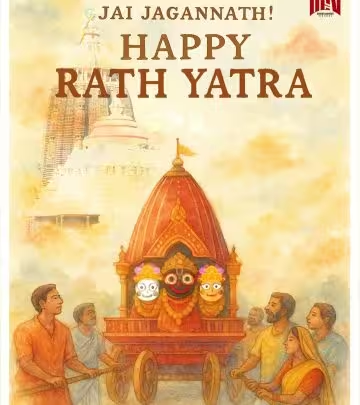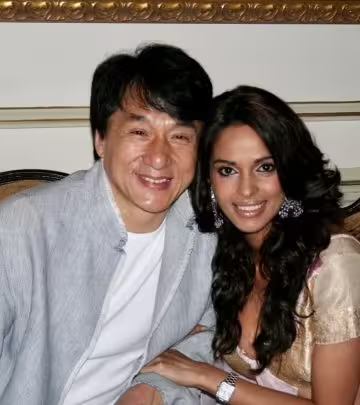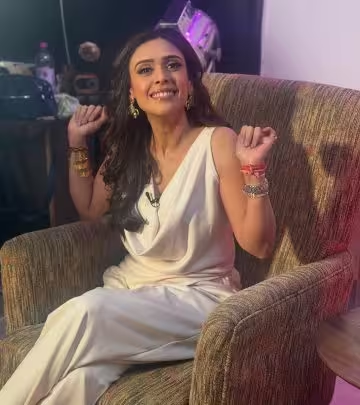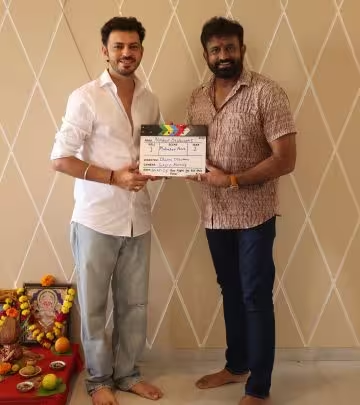Mukesh Khanna Defends Hindi Patriotism
Mukesh Khanna: Hindi's worth defined; critics are mere state lovers, not real patriots!!!
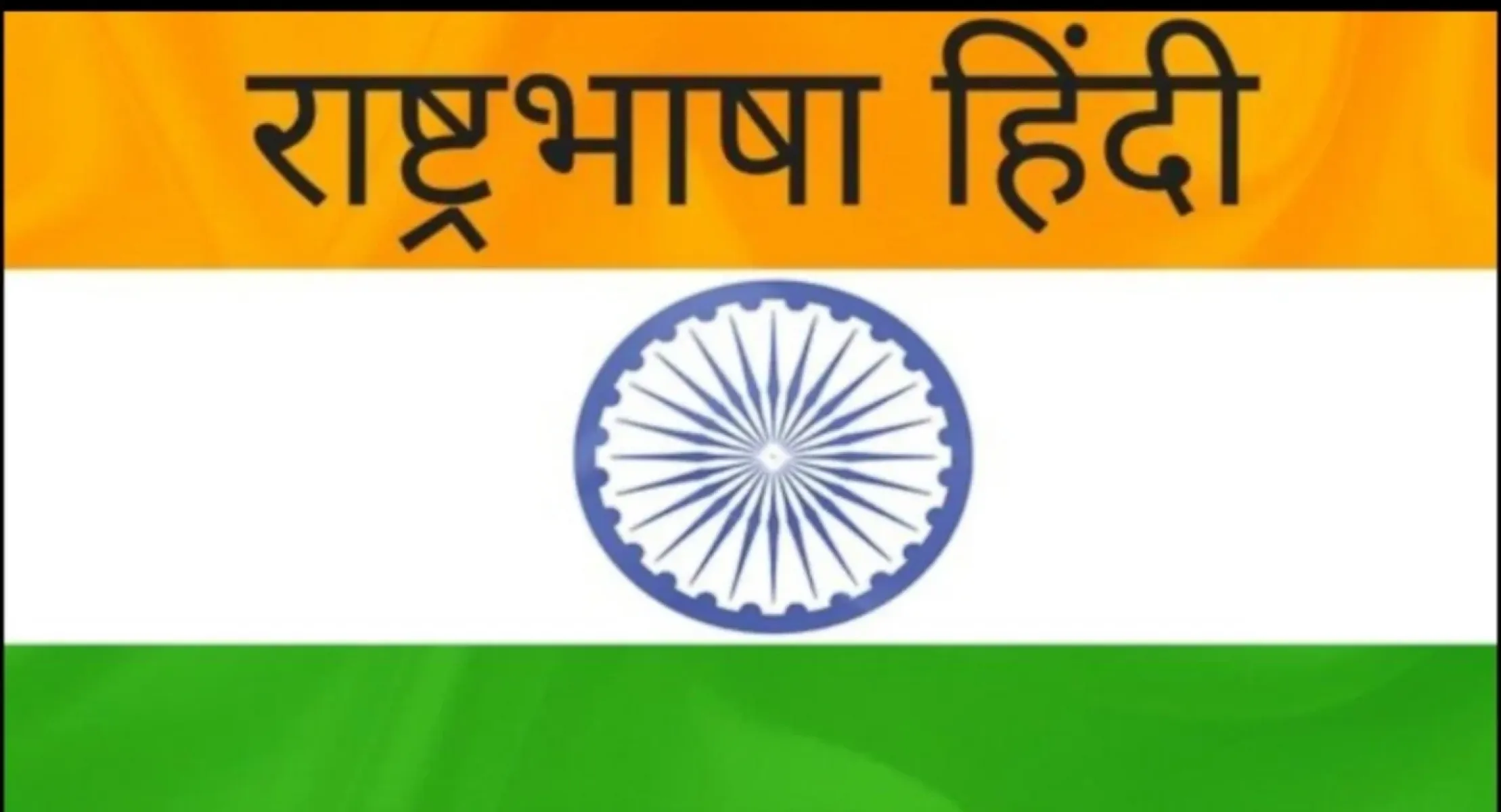
Image: Instagram
In a recent Instagram post that has quickly caught the attention of fans and cultural commentators alike, veteran actor Mukesh Khanna issued a pointed remark: “जो हिंदी भाषा का विरोध करते हैं वो राज्य भक्त हैं, राष्ट्र भक्त नहीं।” Translated, this statement means that those who oppose the Hindi language are not true patriots but are merely loyal to the state. The statement, posted with a striking image that reinforces his message, has set off a wave of discussions about language, nationalism, and the true meaning of patriotism in contemporary India.
Mukesh Khanna’s Instagram Revelation
Displaying his characteristic blend of directness and deep-rooted patriotism, Mukesh Khanna’s post is a call to recognize the intrinsic value of the Hindi language. The image accompanying the post shows the iconic actor in a contemplative mood—a visual that many feel underscores his long-standing commitment to the cultural and linguistic identity of India. Known widely for his roles in popular television shows and iconic characters like Shaktimaan, Khanna has never shied away from making bold cultural statements. This latest declaration is no exception.
The message is clear: to oppose Hindi is to choose allegiance to regional or state interests at the expense of national unity. In Mukesh Khanna’s view, true patriotism involves embracing the language that binds the nation together. The comment ignites a broader debate about what it means to be patriotic in a diverse country where linguistic differences have historically sparked both unity and division.
Context And Historical Undertones
Mukesh Khanna’s remarks resonate not only because of his celebrity status but also due to his deep historical and cultural ties with Indian traditions. With a career spanning several decades, Khanna has witnessed the evolution of popular culture in India, where language and regional identity often play central roles. His stance is reflective of a longstanding tradition among some public figures who argue that the Hindi language remains a unifying force in a nation marked by diversity.
A review of Khanna’s previous social media posts reveals that this is not the first time he has touched upon themes of national pride and cultural identity. In older posts, he has raised questions regarding social inequalities, the state of national unity, and the challenges faced by the country in realizing its full potential. His reflective style—mixing critical observation with an impassioned call to action—has earned him a reputation as a thoughtful commentator on social issues.
Political And Cultural Implications
The statement has generated extensive discussion among netizens and cultural critics. Some applaud his call, seeing it as an affirmation of the importance of a shared language in maintaining national unity. Others, however, caution that debates over language and patriotism can be polarizing, potentially deepening regional divides rather than bridging them.
Political analysts observe that language has historically been a sensitive terrain in the Indian context. Khanna’s assertion, therefore, taps into an enduring narrative about national identity that goes beyond mere language preferences. It challenges critics to reflect on whether opposing the use of Hindi in certain spheres is a genuine critique or simply a manifestation of regional allegiance. This ongoing debate underscores the complex interplay of language, identity, and patriotism in India.
A Veteran’s Perspective On National Identity
Drawing from his extensive career and public life, Mukesh Khanna presents his viewpoint as more than a mere opinion—it is part of a larger conversation about cultural integrity. In his earlier posts, such as those reflecting on India’s socio-economic challenges and the journey of national development, Khanna has frequently highlighted the importance of unity. Now, with this pointed remark, he reinforces the idea that true patriotism entails a commitment to the cultural and linguistic fabric of the nation.
The image accompanying his post further accentuates this message. With a focused gaze and an expression that many interpret as both contemplative and resolute, the photograph serves as a visual allegory for the actor’s long-held beliefs about national unity. For Khanna, the Hindi language is more than just a medium of communication—it is an emblem of India’s heritage and a cornerstone of its identity.
While the discussion his statement has stirred is multifaceted, the central narrative remains clear. Mukesh Khanna invites everyone to re-examine their definitions of patriotism, urging a move away from parochial loyalties toward a broader, more inclusive understanding of national identity. His comments have not only stimulated debate among his fans but are also prompting cultural critics to re-assess the role of language in shaping collective identity.
The dialogue prompted by this post is a reminder of the power of words—especially when spoken by those who have dedicated their lives to portraying the values they believe in. In a country as diverse as India, the conversation over what truly constitutes patriotism is likely to continue, fueled by voices like Mukesh Khanna’s, which challenge the status quo and call for introspection.
In this moment, Mukesh Khanna stands not just as a celebrated actor, but as a spokesperson for a vision of India where linguistic unity and national pride walk hand in hand. The debate is far from settled, but his contribution is a clarion call for renewed reflection on the ideals that unite India.
Read full bio of Cynthia Jean Daniel



